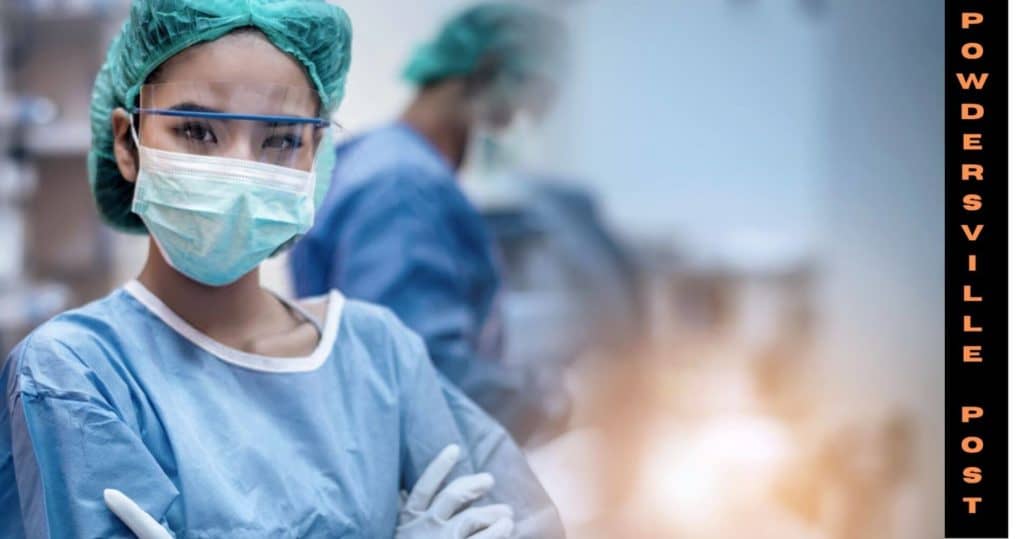Omicron – A Threat For Patients Who Had Transplant
Nikki Attkisson | Last Updated : January 21, 2022There are many patients who have recently had an organ transplant or are immune-compromised. And, they seem to be at the receiving end of the viral insurgence. The Omicron variant has proved to be more contagious as of now if compared to previous variants. It also multiples 70 times faster in such individuals who are immune-compromised.
Omicron – A Threat For Patients Who Had Transplant
It replicates faster in the patient’s body than the previous variant which was called the Delta. It can be life-threatening to people who are above 60 years of age and have some illness, or are unvaccinated. Those who have recently received organ transplants are more at risk.

If one goes back to past health records of U.S. citizens, since 1988, almost 870,000 organ transplants have occurred there. In the last year itself, there were more than 40,000 transplants. The transplant patients are usually more vulnerable in the first six months after the surgery. However, they are immune-compromised for their entire lives.
The process of organ transplants comprises the reduction of immunity of the body so that it can readily accept another organ. This increases their chances of getting infected due to mild forms of viruses and other illnesses.
Moreover, it has also been noted that such patients do not respond in the same manner as others, to vaccines. The patients in this category also stand an 80-times more risk for the Covid-19. It is a breakthrough infection that can affect the patients in such categories and increases the risk 500-times.
In another study, it has been noted that when such patients were administered the Moderna vaccine, it had improved their antibody response to Delta. However, it may be too early to determine, if the Omicron variant responds in the same manner.
Thus, the CDC has come up with a fourth booster dose for such populations. There is some more good news in this regard as well. At the end of 2020, the mortality rate for such patients seemed to fall. The newly approved medicines and monoclonal antibody therapies increased the chances of recuperation for such transplant patients.
Monoclonal antibodies work by blocking the entry of viruses into human cells. The antibodies first recognize the viral particles. However, it has been seen lately that the antibodies are not able to detect the Omicron variant. It has some 50 different genetic mutations that seem to be behind this in effectivity. Many cocktails of drugs and vaccines are also ineffective against the Omicron, according to reports from France.
Most transplant patients cannot participate in trials, even if new drugs are brought forth. So, they will not know how effective these can be. Therefore, it shows that doctors have few things to rely on if any such patient gets infected.
Therefore, these are the reasons that make transplant patients so vulnerable. The virus load also lasts longer in their body in the absence of antibodies. There is prolonged shedding of the viral load from the body fluids of such persons, as well.
In fact, if the lab clinical trials are to be believed, the Omicron variant may have come up as a strong variant from one such immune-suppressed patient. The virus probably had a huge opportunity to multiply in the bodies of such patients. Thus, if any such patient who is suffering from Cancer, or HIV Aids gets the disease, the same should be under close monitoring and surveillance.
There are possibilities that such patients may contract the virus, and may not recover at all. Such patients should practice social distancing, and also get their family members vaccinated at the earliest. The time will tell about further developments that are to come.
With over 15 years as a practicing journalist, Nikki Attkisson found herself at Powdersville Post now after working at several other publications. She is an award-winning journalist with an entrepreneurial spirit and worked as a journalist covering technology, innovation, environmental issues, politics, health etc. Nikki Attkisson has also worked on product development, content strategy, and editorial management for numerous media companies. She began her career at local news stations and worked as a reporter in national newspapers.
